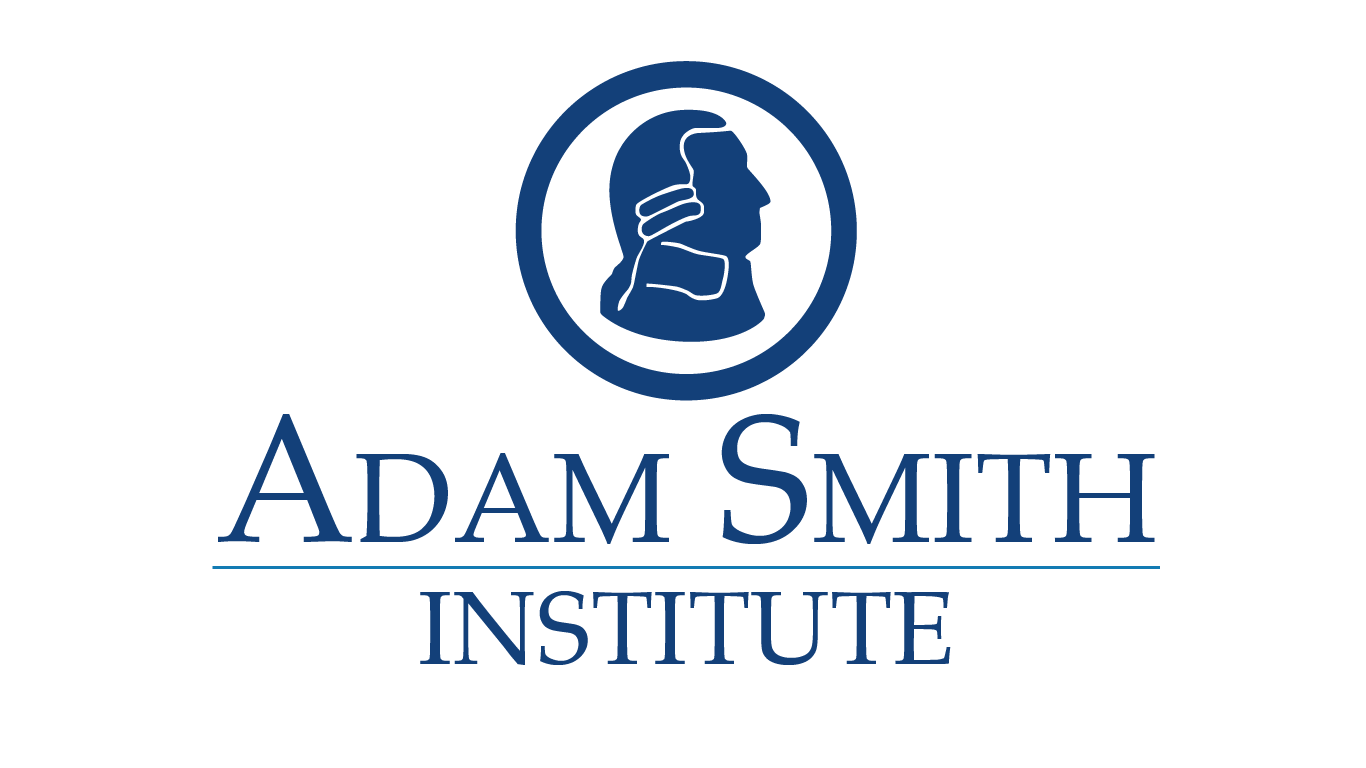Following the Subbotnik: Enter the Vosekresnik
In a recent development from France, the Senate has enacted a law mandating that every citizen must work an additional day each year, with earnings from that day redirected entirely to the government. This move has sparked widespread debate about the implications of state control over individual labor and the growing demands of an already extensive bureaucratic system. With France’s tax revenue already claiming a staggering 45% of its GDP, many voices in economic and political discourse have begun to express concerns about government overreach and the sustainability of such practices. Friedrich Hayek, a renowned economist and philosopher famous for his critiques of socialism, argued that these kinds of policies lead nations down a perilous “road to serfdom,” a warning that seems increasingly relevant as government dependency grows.
The historical precedent for such legislative measures can be traced back to the early years of Soviet Russia, particularly the practices of Subbotnik and Voskresnik. These terms refer to weekends designated for forced volunteer work, which emerged in the wake of the October Revolution. During these events, citizens were compelled to contribute unpaid labor to state initiatives, a practice that highlighted the government’s increasing control over individual freedoms. This historical reference serves as a cautionary tale for contemporary France, suggesting that once a state establishes the authority to mandate additional unpaid work, there is a slippery slope that could lead to further encroachments on personal liberties and rights.
The implications of this law extend beyond mere economics; they touch upon the fundamental principles of freedom and consent in labor. As the government asserts its right to appropriate individuals’ earnings through this enforced workday, questions arise about the nature of voluntary labor and contributions to society. If citizens can be compelled to give their time and talents to the state without compensation, it raises the troubling notion of ownership over individual labor and the potential for further government imposition. The notion of “forced unpaid labor” stands in stark contrast to the values of a free and liberal society, prompting a re-evaluation of current policies and their alignment with these ideals.
Critics of the law emphasize that this is not an isolated or benign change, but rather part of a broader trend of increasing state intervention across various sectors of the economy. The legal obligation to contribute labor for no financial return exemplifies a shift towards collectivism, undermining principles of personal choice and entrepreneurship that are essential for a thriving capitalist society. Observers warn that such policies can create a dangerous precedent, where the needs of the state consistently override individual rights. Without vigilant resistance to these trends, the societal fabric may fray as personal autonomy is sacrificed on the altar of bureaucratic efficiency.
Another concern highlighted by this law is its potential impact on economic productivity and incentives. When the government demands labor contributions without monetary compensation, it devalues the concept of work itself and could lead to a disincentivization of voluntary efforts in the economy. Rather than fostering a spirit of community and cooperation, compelled labor might breed resentment and disengagement from civic responsibilities. As citizens perceive their contributions as mere obligations rather than opportunities for personal fulfillment, the overall morale within the workforce could diminish, negatively impacting productivity levels and economic growth.
In summary, the French Senate’s recent decision to mandate an additional day of labor for charity raises significant concerns about the implications for individual freedoms and the broader economic landscape. Drawing parallels to historical practices of forced labor in Soviet Russia, experts warn that such measures could represent a troubling shift towards government overreach and the loss of personal autonomy. As debates surrounding the efficacy and morality of this law unfold, it will be crucial for society as a whole to consider the potential implications of sacrificing individual rights in the name of state efficiency and revenue generation. Without proactive efforts to maintain a balance between government requirements and personal freedoms, the lessons from history may serve as a bitter reminder of the dangers that can arise when the state encroaches upon the liberties of its citizens.
Share this content:












Post Comment